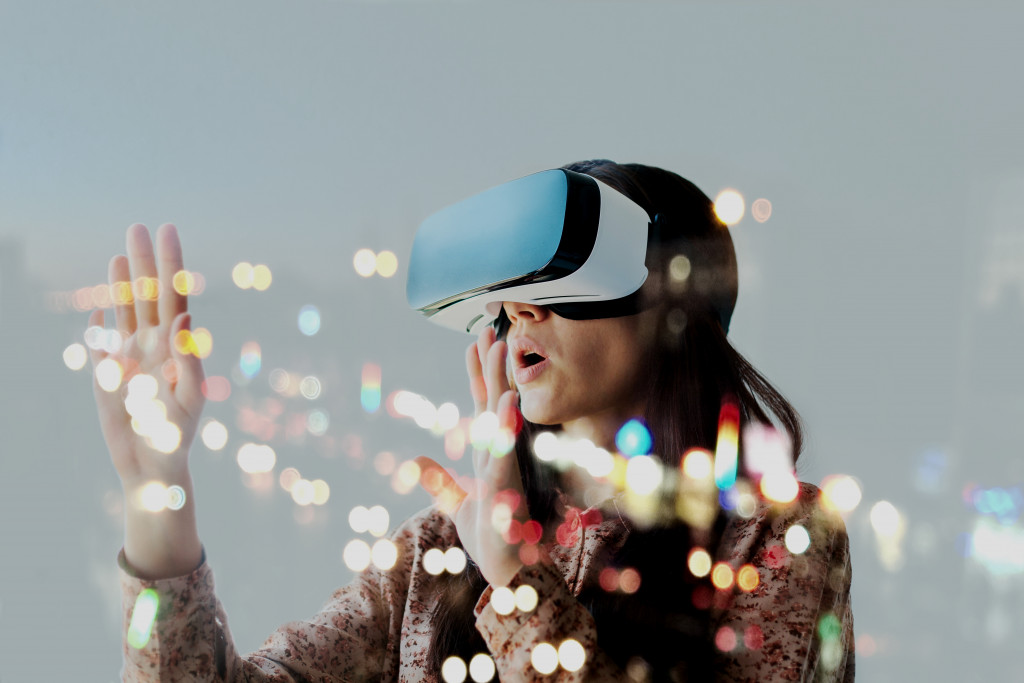According to the American Psychiatric Association, two-thirds of American households have at least one member who plays video games. The American Journal of Psychiatry published a study showing that more than 65 percent of all adults in the U.S., United Kingdom, Canada, and Germany recently played online games. Among young adults from 18 to 24 years old, 86 percent played online games.
Certain countries such as China and Korea recognize video gaming disorder and have treatments for it. In May 2019, the World Health Organization (WHO) officially named gaming disorder as a behavioral addiction in its International Classification of Diseases. WHO describes the addiction as being unable to stop even when gaming interferes with family relationships, school, work, and sleep for at least a year.
The study in the American Journal of Psychiatry showed, however, that most of the people who played online games did not report any symptoms of internet gaming disorder or addiction. The researchers noted that there is a difference between an addiction and being enthusiastic and passionate about gaming.
The Proceedings of the National Academy of Sciences expressed concern that while recognizing video gaming addiction can help millions, it can also regard normal behavior as a disorder and create stigma.
While the debate continues, no one can deny that people continue to play video games. Apart from providing recreation, developments in gaming technology also spill over to many useful applications in different areas of real life.
From Gaming to Real Life
Imagine a shooting range where you use real guns and bullets, but instead of hitting a paper target, you hit a digital target that detects hits and reacts accordingly. This is not a game; it is a reality that Evolve Range Solutions provides. It is just one example of how digital technology related to gaming is now used in the real world.
From the gaming sphere, virtual reality (VR) technology has the most uses in real life.
Medicine
In the medical field, you can train students to do surgical procedures using VR technology. They can spend many hours on their training without putting any patients at risk.
VR technology is also used to help patients during actual procedures. Treatments that involve much pain, such as cancer treatments, high-degree burns, physiotherapy treatments, broken limbs, and open wounds can be more bearable if the patient is wearing a VR headset. It distracts the mind from the pain. This is also applicable for dental surgeries, root canal procedures, and tooth extractions.
Virtual reality exposure therapy is one of the primary methods used in treating post-traumatic stress disorder. This condition is usually found among those who experienced extreme physical and mental shock, such as in combat, abuse, sexual assault, and major accidents. You can use VR technology to replay a similar experience in a safe environment as part of enabling the patient to cope and heal.
VR technology helps treat patients with anxiety and phobia in a similar way. Both conditions create panic, chest pain, and breathing difficulties. A patient can safely confront his or her fears through VR technology, while doctors can monitor vital signs and guide the patient through healthy coping mechanisms.
For patients with depression, you can use VR technology for guided meditation in a calm atmosphere that lifts the mood.
Patients with autism have impaired logic and have difficulty with interaction and social skills. VR technology can place them in different social situations to familiarize them and enable them to process these with the help of psychologists. You can teach them how to build social connections, and skills like making eye contact.
Paraplegics can rebuild their brain functions and regain control of their limbs through VR technology. Therapists use it to enable them to experience various environments and react accordingly.
Education and Sports

During the pandemic, teachers can use VR technology to bring students to virtual field trips not only across the country but around the world and through the solar system. With VR technology they can travel through time to different eras they need to study.
While video gaming is now considered a sport and is part of the Olympic Games, other sports also benefit from VR technology. Coaches and players use it as a training tool to watch and analyze specific game scenarios repeatedly and learn from them.
Various companies and institutions are maximizing VR technology in their marketing campaigns, especially amid Covid-19. You can take virtual tours of real estate properties no matter where they are. Art galleries are having VR shows. Universities such as Princeton, Yale, and Columbia provide virtual campus tours.
Joys of Gaming
These are only a few examples and there are many other real-life uses for gaming technologies. As these technologies develop further, there will be more uses in the real world as well.
If you are an ardent gamer and if it is not an addiction, you do not have to feel guilty about your passion. Your gaming helps develop the industry and this, in turn, will eventually benefit our reality.




